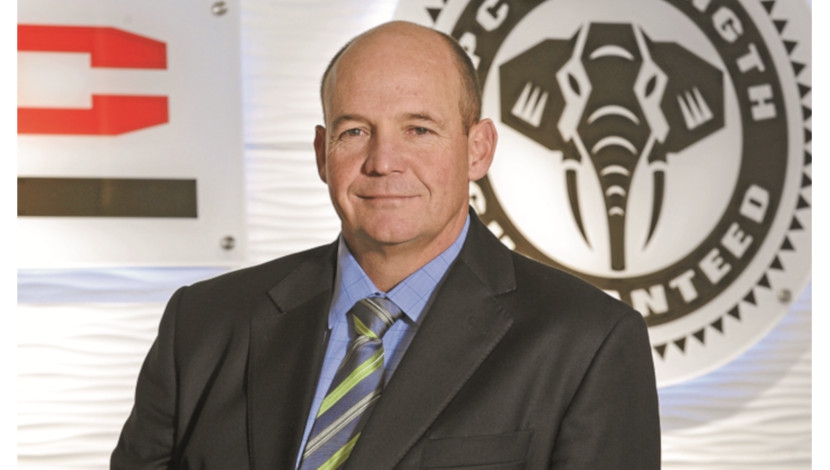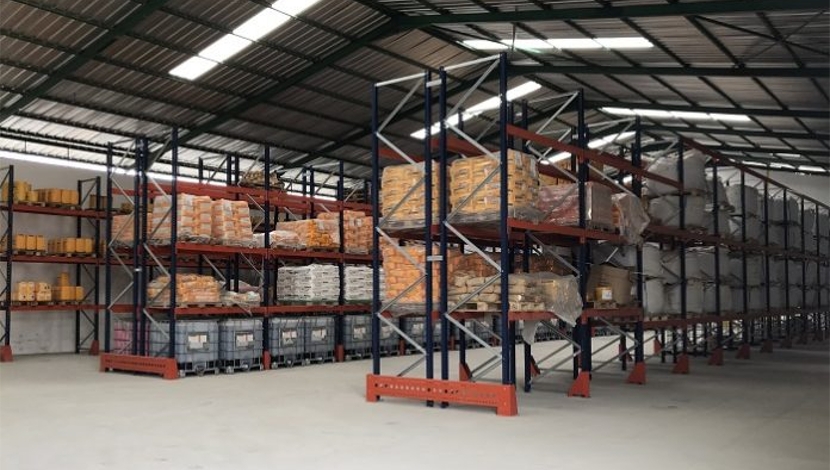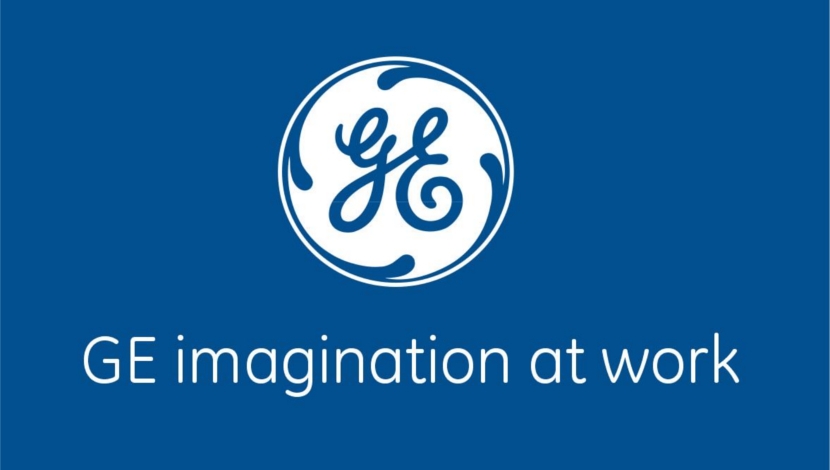

The target of major cement producer PPC to more than double the size of its business every ten years to retain its market share in Africa is based
on the continent’s world-leading rate of urbanisation and the projection that the population of Africa will double by 2050.
Calculations point to Africa needing to accommodate another 900-million urban dwellers in the next 34 years and PPC foresees immense expenditure on infrastructure accompanying this significant urbanisation and population growth.
PPC will focus far more strongly on Africa, for which it is tailoring competencies for each region entered. It also regards indigenisation in all of its African businesses as a given.
Africa is seen as providing significant scope to broaden offerings considerably, even into retail. For example, transferring bagged cement to a warehouse in an urban environment bereft of retail infrastructure would put the company in a position to sell directly to the public, just as the operational need of cement plants to burn materials may present waste management opportunities.
“It’s no longer just about a cement volume expansion. There are related businesses that we’d look at as well, so doubling might mean different things to us than just pure cement volume doubling, but it tells you that we have to be working on a pipeline around new businesses, new cement factories in Africa, either leveraging off what we’ve got or finding new regions,” PPC CEO Darryll Castle comments.
PPC currently has nine cement factories in South Africa, Botswana, Zimbabwe and most recently Rwanda, which together have a production capacity of 8.6-million tonnes of cement products a year.
“What we’ve got to be doing right now in Africa is positioning ourselves for the next city and cement factory that is going to be required in the next ten years, so that we don’t go and buy it expensively in five years’ time,” says Castle.
Projects that are poised to add some 50% to South African volumes are:
•A $85-million, 700 000 t/y mill that PPC’s 70% Zimbabwean subsidiary is scheduled to commission at the end of this year;
•The company’s new $170-million 51%-owned 600 000 t/y cement plant in Rwanda, which is in the ramp-up phase;
•The large $280-million, 69%-owned cement project west of Kinshasa, in the Democratic Republic of Congo, which is scheduled to come on stream at the end of this year; and
•The new $170-million to $180-million 31%-owned cement project in Ethiopia, where work is scheduled for commissioning in the second calendar quarter of 2017.
PPC has acquires Safika Cement and Pronto Readymix, including Ulula Ash and intends to conclude an asset for shares agreement with 3Q Mahuma to progress further the company’s ready mix channel management strategy.
Much of cement sales are going into unrecorded additions and alterations, as a result of people going into their local hardware to buy a couple of bags of cement for an additional room or two. In the Mafikeng area, the number of informal building projects on the go were surprising.
Castle confirmed that PPC’s first cement factory at Hercules, outside Pretoria – established in 1892 as De Eerste Cement Fabrieken Beperkt – was also Africa’s first cement factory.
“At some point, we had 100% market share in South Africa and we’ve spent 124 years slightly losing market share every year. What we want to do is regain some in Africa.
“We believe we can be a pioneer in Africa in the way we were a pioneer in South Africa. For us, Africa is like a new dawn, much like South Africa was when the first factory was being built all those years ago,” Castle comments.





